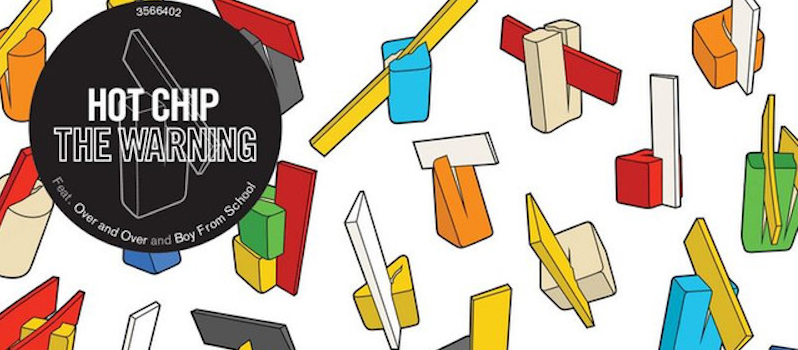Back in June, the California-based photographer and Dolce Volante alum Carrie Yury displayed 700 free copies of her latest solo outing, the Mutter EP, in light-box towers at LA Design Center, and the exhibition itself seems to serve as an interesting bit of context to the incredibly engaging six-song disc. The installation’s five CD towers are all clean, well-lighted lines, the mechanical tones of blacks and whites complemented by the blank steel-gray slate of the shrink-wrapped CD cover, a possible homage to the Table of the Elements label. In photographs posted on Yury’s website, this cold and almost sterile precision is amplified by an absence of viewers and participants. Except for a lone woman in black coat and jeans passing through one frame, the displayed discs exist as pieces of art without audience, documents forged without the smudged and imperfect wonder of human fingerprints. The disc couldn’t be more the opposite.
Recorded in Shelbyville, Kentucky in May, the disc is tender and fragile in the most human of ways — a 23-minute collection of folk-pop gems that are as a beautiful as they are beautifully understated. Far from the cold and well-plotted precision of the LA Design Center installation, the disc is warm and disarming and clearly benefits from the comforting charms of contributors Will and Paul Oldham, Colin Gagon, and Richard Schuler. While Schuler’s able drum work may be best known from King Kong and the early days of Louisville punk heroes Squirrel Bait, it’s the musical context brought to the table by Gagon and the Oldhams that may be most identifiable by listeners, a colloquial kind of folk-pop that may have defined itself best on post-Palace outings like Joya or Ease Down The Road.
But Yury is clearly the shimmering star of Mutter. In addition to penning each of the disc’s songs, it’s her breathy voice that serves as the magnet at the record’s high and low pole points. Much like Cynthia Dall or Sarabeth Tucek to Smog’s Bill Callahan, Yury’s voice has a sensual, sometimes-smoky and seductive quality that simply invites listeners to pay attention, whether it’s on the incredible album-opening pseudo-ballad “Twofer,” the playful All Most Heaven pop-rock of “Metastatic,” the folky melancholy of “Stain,” or the more percussive rumble of “Jar.” That’s not to say she’s not surrounded by sterling performances from her backing band. Schuler’s drumming is muted but inventive and perfectly suited to tracks like “Twofer,” whose chorus packs an emotional punch that it wouldn’t sans percussion. Gagon, who produced the disc, offers piano and keys that add a bluesiness to songs like “Warden,” backed by Paul Oldham’s almost restrained, carefully placed bass notes. Will Oldham, who sings and handles the guitar duties on Mutter, does some of his best supporting work of recent years on the disc, lending his trademark emotive voice to the proceedings while still refraining from taking the spotlight.
Lyrically, Yury also strays from the tones of her LA Design Center exhibition, crafting songs that seem to reflect on the comforts of home but, more importantly, seem to play with the conventions of love songs by translating their tropes into literal-minded scenarios. In “Twofer,” a heart breaks — somewhat literally — as Yury and Oldham sing in the achingly sweet chorus, “You can’t break a heart / Into two / Halves / And expect it to go on / Like before.” The balance of the song, all piano, bass, and thumping drums, deals with the blatant duality of romantic longing and loss, leaning on images of two hearts combining into one, merged intersections and romantic births.
On “Jar,” which begins with a driving “Sweet Home Alabama” bass-and-drums descent, Yury continues the literal but emotive readings, singing about heartache, “Heart in a jar / Funny, bloody thing / Somebody is missing you tonight / How could they have lost you? / It’s damn near impossible / To survive / In a jar.” It’s a song that points out the strange and almost sado-masochistic imagery of the concept of “heartbreak,” yes, but it still manages to tap into all the soreness and familiar sting of the subject. It’s that human element that distances Yury’s downright incredible work on Mutter from the engaging but clean-cut designs of her LA Design Center show and also makes the disc one of the sleeper successes of the year. Take note now: find this record. – Delusions of Adequacy, Aug. 31, 2005




